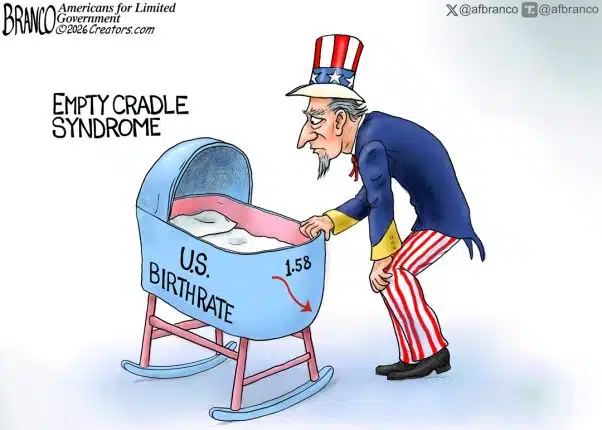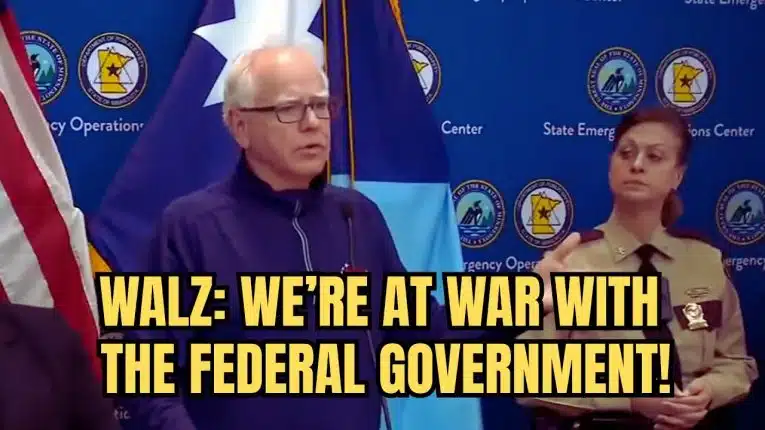“I have the authority to address the threat from [the Islamic State of Iraq and the Levant].”
That was Barack Obama on September 10, telling the nation that he did not need Congress to act against the Islamist army that has conquered dozens of cities and villages in Iraq, and also in Syria.
Now, if Obama was referring to the 2002 authorization to use military force in Iraq — which Congress has never rescinded — then yes, the authority to engage in war in Iraq technically remains in place.
That authorization reads in part, “The President is authorized to use the Armed Forces of the United States as he determines to be necessary and appropriate in order to defend the national security of the United States against the continuing threat posed by Iraq.”
But, that was not the extent of what Obama suggested in his national address. With or without Congress, Obama promised that, “I will not hesitate to take action against ISIL in Syria, as well as Iraq. This is a core principle of my presidency: If you threaten America, you will find no safe haven.”
The only problem here is that Congress has not authorized any use of force in Syria. And while Obama said he would welcome congressional support, it was not because he believes there is any technical legal requirement that he do so.
Rather, he embraced it because it would a nice show of unity. “I believe we are strongest as a nation when the President and Congress work together,” said Obama, adding, “So I welcome congressional support for this effort in order to show the world that Americans are united in confronting this danger.”
That’s not what Article I, Section 8 of the Constitution says, though. It says, “The Congress shall have power … to declare war.” Not that it unites us or makes us stronger.
Perhaps Obama meant the 2001 authorization to use force against al Qaeda, as a senior administration official suggested to reporters ahead of the speech. It read, “the President is authorized to use all necessary and appropriate force against those nations, organizations, or persons he determines planned, authorized, committed, or aided the terrorist attacks that occurred on September 11, 2001, or harbored such organizations or persons, in order to prevent any future acts of international terrorism against the United States by such nations, organizations or persons.”
But is there any accusation that ISIL was responsible for the September 11 attacks? The whole reason the 2001 language was written that way was to limit the scope of the initial war to those directly responsible for the attacks, not to be a carte blanche to fight a never-ending, expansive war against every radical Islamist group in the world.
Obama’s intention to invade Syria last year, this time to assist Syrian rebels including ISIL against the Assad regime, was short-circuited precisely for the same reason. Ultimately, no authorization was given, and no military action was taken in Syria by U.S. forces — that is, not that we are publicly aware of.
Yet, he was ready to go there without Congress. In his Sept. 10, 2013 speech on the subject, he said, “I possess the authority to order military strikes.” In the same speech, he rescinded any request for authorization by Congress, and again dressed the justification for such a request as strengthening and unifying the nation’s position, but not being legally necessary.
In 2011, the U.S. similarly waged war in Libya without Congress’ approval, drawing criticism over whether Article 1 had been violated. The administration justified its response in a March 21, 2011 letter to members of Congress: “I have directed these actions, which are in the national security and foreign policy interests of the United States, pursuant to my constitutional authority to conduct U.S. foreign relations and as Commander in Chief and Chief Executive.”
But the Constitution provides no such grant of power to the executive to wage war on a whim. It says that after military force has been authorized by Congress, then the President is the commander in chief of the armed forces. He can order troops into battle, but only in a war that has been authorized under law by Congress.
Obama may think expanding the war on ISIL into Syria is a great idea, and is necessary to fulfill the campaign’s objectives. If so, then he still needs to go to Congress and get the authority to do so. It would probably pass.
Otherwise, it is just Obama’s war — an administration operating outside the legal confines of the Constitution to wage conflicts abroad of its own choosing. That is not our system.
And Obama knows it. When he ran for president the first time in 2008, he told voters that “The President does not have power under the Constitution to unilaterally authorize a military attack in a situation that does not involve stopping an actual or imminent threat to the nation.”
Vice President Joe Biden was even more explicit in December 2007, calling such a violation by any administration impeachable: “I want to make it clear and I made it clear to the president, if he takes this nation to war in Iran, without congressional approval — I will make it my business to impeach him.”
It turns out then-President George W. Bush never went to war without congressional authorization. He had it both in Afghanistan and Iraq. And he never waged war in Iran, or Syria for that matter, without it.
Now, that is precisely what Obama is saying he can do. He says he has the authority to go into Syria without Congress.
But saying it does not make it so. He still needs to ask Congress for permission.
Robert Romano is the senior editor of Americans for Limited Government.







